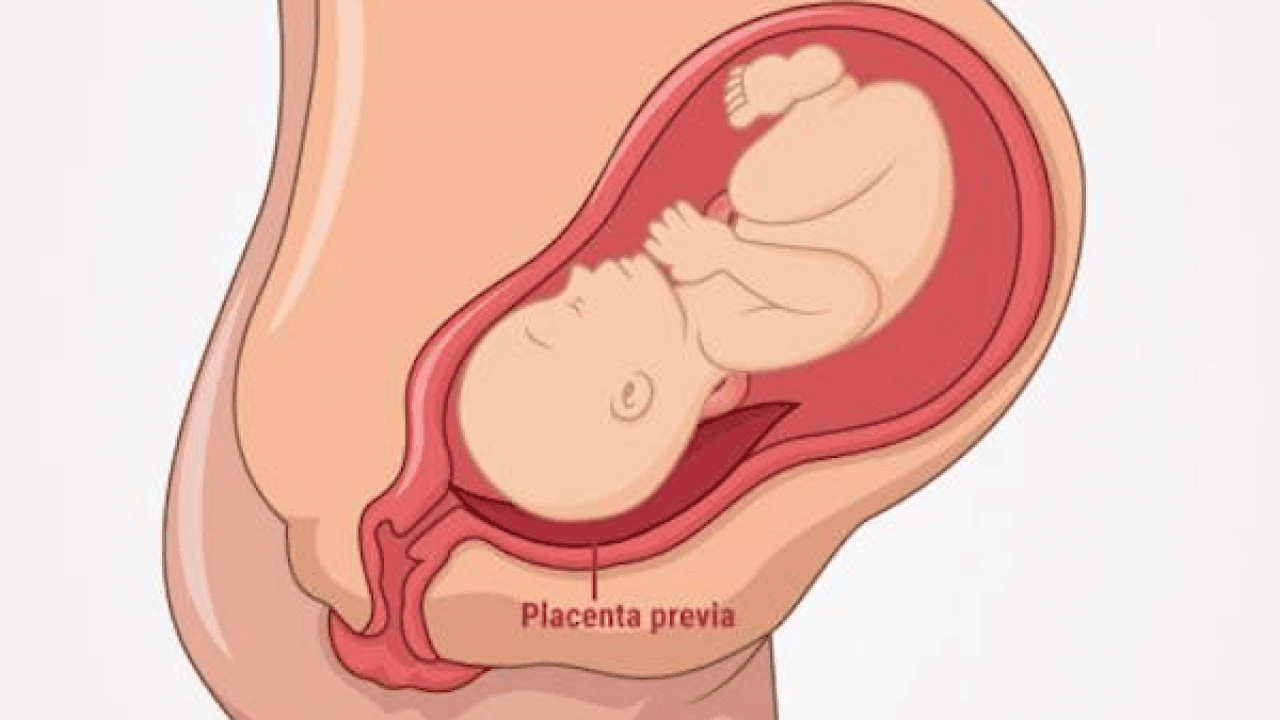What is Placenta Previa?

Placenta previa is the condition in which the placenta (the baby’s partner) completely closes the cervix (cervix) and normal birth is impossible. We normally expect the placenta to settle on the upper back wall of the uterus (womb). In these patients, the placenta is positioned to close the cervix.
The biggest risk factor is previous cesarean section and this risk increases as the number of cesarean sections increases. Today, its incidence has increased due to the increase in cesarean rates. The frequency varies by country. This rate, which is stated as approximately 0.4%, is around 8% in our region.
Bleeding is expected during pregnancy in patients with placenta previa, especially in patients with a previous cesarean section. Therefore, patients should be careful not to lift heavy or do heavy work during their pregnancy. In these patients, sexual intercourse is also prohibited during pregnancy. Since the risk of bleeding is high in patients with placenta previa, especially after the 30th week, it is important that they reside close to centers that have experience in this field, where they will undergo surgery.
The importance of the diagnosis of placenta previa may be attached to the uterus (womb) in these patients. In this case, attempting to remove the placenta during surgery may cause major bleeding. It is known that the operations of the patients will be more bleeding than a normal cesarean section.
There are two types of placenta previa surgeries. The first and most common (especially in cases where the placenta is thought to be attached to the uterus) is cesarean hysterectomy (simultaneous cesarean removal surgery). It is applied in many centers in our country. The second type of surgery is uterus sparing surgery. In this surgery, it is like a normal cesarean section, and the placenta (the baby’s spouse) is completely removed and the uterus (womb) is preserved. This surgery can be performed without endangering the life of the patient. I have been performing uterine-sparing surgery for my patients with placenta previa for many years at the hospital where I work.